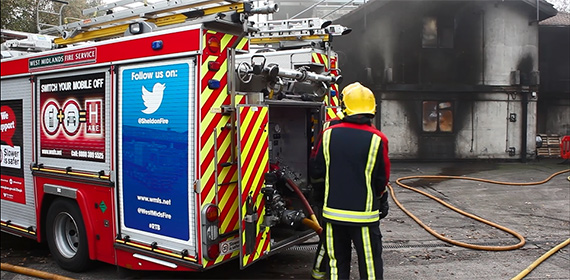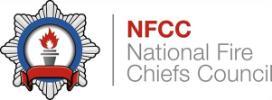
Search Courses
What are the emergency services?
The emergency services, also known as the blue light services, which consists of the Police, Paramedics (the ambulance service), Fire and Rescue Services. They are the only 24-hour emergency response service within the United Kingdom, who put out fires and save lives and fight crime on your doorstep.
Why study Policing?
Policing does not stand still. From the early 1800s of the human cry, of stop thief, citizens would rally to that call to stop the person committing a crime, through to the formation of the first police service in 1829 under the banner of Sir Robert Peel, the ‘Peelers’ have been there to detect and prevent crime. To arrest offenders breaching the kings peace, to the present day officers, and the extended police family, whose values have been shaped by public expectation, societal occurrences, legislation and the ‘Nolan principles’ which govern those working in public life.
Policing is now underpinned by a degree, which is an option for those wishing to join the police service. It reflects an officer's level of expertise and recognises the way that policing is delivered today and values their contribution. The degree also recognises the level of knowledge and skills required of officers in the twentieth century going forward. The knowledge and skills are also transferable to other roles, that support policing and beyond, should you wish to take your career in a different direction. That journey starts here, with the opportunities presented through the University of Wolverhampton.
Why study Fire and Rescue?
The firefighter of the twenty first century, has had to continually evolve to meet the needs of a highly technological modern society. The advent of new equipment, technology, legislation, and risks has created an environment where a firefighter needs greater understanding of the world around them. The Grenfell Tower Fire, large wildfires across the country, flooding, and the response to the COVID pandemic have involved large scale mobilisation of the fire and rescue service in addition to the 600,000 relatively “routine” emergency responses they manage every year.
Fire and rescue services play an increasing role within our diverse communities: the familiar response to incidents, the vital life and property saving role that everyone knows about, but there are other aspects, equally important and essential including the prevention of fires and other type of accidents. There are also the fire protection services which ensure the safety of us all in larger buildings. And all these services need to be delivered to all our communities to make a safer environment in which others can work, live and thrive. Firefighters need to be representative of and be able to engage with their communities, influencing and driving forward the safety agenda in villages, towns, and cities.
Taking a learning pathway that includes the BSc Hons Degree in Fire and Rescue will deepen your understanding of the technological aspects of a fire fighters’ role, the management of personal and community risks but also the leadership skills to help you make a real contribution to a safer environment.
Why study Emergency Management and Resilience?
The University of Wolverhampton understand the needs of services, businesses and the wider community to be prepared in the wake of disruptive challenges whilst remaining resilient; we aim to support this through education, training and knowledge sharing. Our courses are ideal for those looking for career advancement, seeking to move into an emergency planning, business continuity, disaster management, or other resilience related career. For more information, see the Emergency Management and Resilience Centre (EMRC) for more information.


/prod01/wlvacuk/media/departments/digital-content-and-communications/images-2024/240328-Varsity-Line-Up-Resized.jpg)
/prod01/wlvacuk/media/departments/digital-content-and-communications/images-18-19/220325-Engineers_teach_thumbail.jpg)
/prod01/wlvacuk/media/departments/digital-content-and-communications/images-2024/240515-Spencer-Jones-Award-Resized.jpg)
/prod01/wlvacuk/media/departments/digital-content-and-communications/images-2024/240320-Uzbekistan-Resized.jpg)
/prod01/wlvacuk/media/departments/digital-content-and-communications/images-2024/240229-The-Link-Resized.jpg)
/prod01/wlvacuk/media/departments/digital-content-and-communications/images-2024/240516-Andy-Gibson-Resized.jpg)




